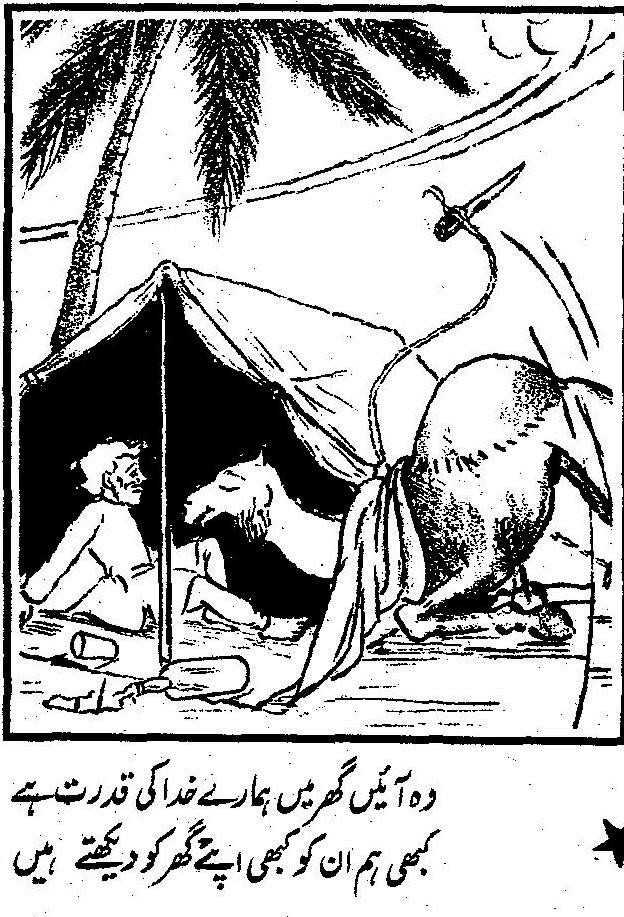FWP:
SETS == EXCLAMATION; PETRIFIED PHRASES
HOME: {14,9}
THE BELOVED VISITS THE LOVER: On the extremely rare occasions
when the beloved visits the lover, it always seems to be a token of some kind
of disaster. Compared to the occasion of the present verse, her other visits
are even more inauspicious. She brings death with her, as in {2,1};
or she comes (or at least, is expected) just when the lover hasn't even got
a straw mat available, as in {26,5}; or she
finally turns up just as the lover is on the point of death, as in {52,1}
and {72,3}; or when he's sick, as in {194,3}; or she might come in a dream,
as in {97,3}; or she might briefly drop by
late at night, intoxicated, with the Rival in tow, as in {116,3};
or is it all a dream, as in {121,7}? In {199,4},
she's begged to come to the dying lover's bedside-- but does she really do
it? And in {202,7} and {204,10},
the question is once again left open.
The commentators capture the mood of helpless amazement with which the lover contemplates the situation. The poor lover! Who could fail to feel for him? Perhaps the beloved expects extreme formality and a show of abasement; perhaps she expects lavish hospitality; perhaps she merely expects a few amusing anecdotes and some witty repartee. Whatever she expects, she's out of luck. The lover stands gawking at her with a stupefied expression on his face, occasionally varying his pose to look around and gawk at his own house. Is this not a colossal social disaster in the making?
I always feel this verse as wonderfully funny, but since
its effect is all in the tone, it could also be read seriously, and treated
as evoking a reverent, beyond-words kind of mystical experience. For in the first line ;xudaa kii qudrat hai initially reads as a typical exclamation of surprise, like 'My God!' or 'It's a miracle!' (or, as my grandmother used to say, 'The hand of the Lord is in this!). But when we hear or read the second line, we realize that the speaker is so staggered, he's in such a state of amazement (on the nature of ;hairat see
{51,9x}), that her coming could in fact be taken as a direct manifestation of the 'power of the Lord'; thus in retrospect the petrified phrase in the first line would be meaningful in a literal way as well.

(by Wahab Haidar)
Hali:
The surprise and amazement at the beloved's coming into his house-- in the second line, what an excellent picture of it he has drawn! That is, sometimes he looks at the beloved, and sometimes he looks at his house: in this house, and the coming of such a beloved!
==Urdu text: Yadgar-e Ghalib, p. 151